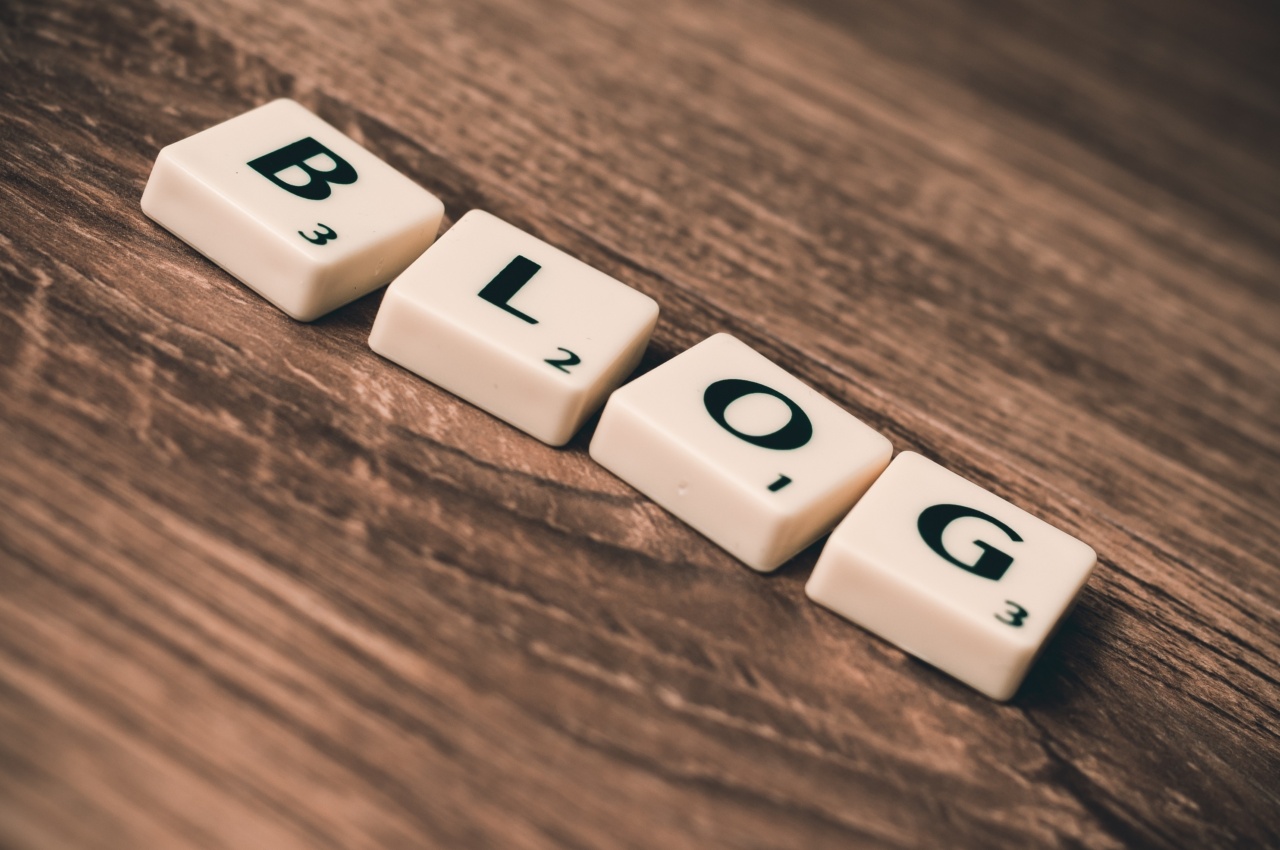In the last two decades, social media has become an integral part of our daily lives. With the advent of smartphones and the internet, social media has changed the way we communicate and interact with each other.
We rely on social media platforms such as Facebook, Twitter, and Instagram to connect with our friends, family, and even strangers. However, the downside of social media is that it can be addictive, leading to social media dependence. In this article, we will explore the neuroscience of social media dependence and how it affects our brain and behavior.
What is Social Media Dependence?
Social media dependence is defined as an excessive reliance on social media platforms.
It is characterized by a strong urge to access social media, spending an excessive amount of time on social media platforms, and feeling anxious or restless when unable to access social media. Social media dependence can have negative effects on mental health, such as increased stress, anxiety, depression, and decreased self-esteem.
The Neuroscience of Social Media Dependence
Research has shown that social media can activate the same reward centers in the brain as drugs such as cocaine and heroin.
When we receive likes, comments, or notifications on social media, it triggers the release of dopamine, a neurotransmitter that is associated with pleasure and reward. This release of dopamine can create a feeling of pleasure and satisfaction that encourages us to use social media more frequently.
Additionally, social media can also activate the amygdala, the part of the brain that is responsible for processing emotions such as fear and anxiety.
When we receive negative comments or feedback on social media, it can activate our amygdala and create feelings of stress, anxiety or depression. This can lead to a cycle of dependence, where we use social media to alleviate these negative emotions, which in turn can lead to more dependence.
The Impact of Social Media on Self-Esteem and Mental Health
Social media use has been associated with decreased self-esteem and increased feelings of social isolation and loneliness.
Studies have shown that comparing oneself to others on social media can negatively impact self-esteem, and increase the risk of depression and anxiety. Additionally, social media can create unrealistic expectations and a distorted view of reality, leading to feelings of inadequacy or social pressure to conform to certain social norms or expectations.
Social media dependence has also been linked to sleep disturbances.
Studies have shown that individuals who report higher levels of social media use experience disruptions in sleep patterns, leading to decreased quality of sleep and increased levels of fatigue. This can negatively impact overall health and well-being.
The Role of Social Media Companies
Social media companies have come under scrutiny for their role in contributing to social media dependence.
The design of these platforms is intentionally crafted to keep users engaged for as long as possible, through features such as notifications and the infinite scroll. Social media algorithms are designed to show users content that they are most likely to interact with, leading to a filter bubble that reinforces existing biases and perspectives.
It is important for social media companies to acknowledge their role in social media dependence and take steps to promote healthier usage patterns.
This can include promoting digital well-being, providing resources for mental health and well-being, and promoting more responsible use of their platforms.
Conclusion
Social media has become an integral part of our daily lives, but it can also lead to social media dependence, which can negatively impact our mental and physical health.
The neuroscience of social media dependence shows that social media use can activate reward centers in the brain, leading to a cycle of dependence. Social media dependence has been linked to negative effects on self-esteem, mental health, and sleep patterns.
It is important for social media companies to acknowledge their role in social media dependence and promote responsible use of their platforms.






























